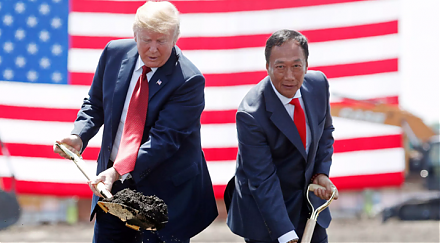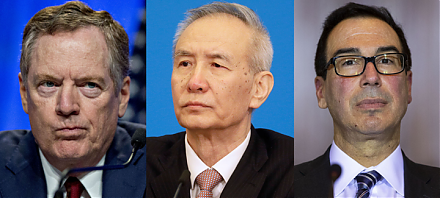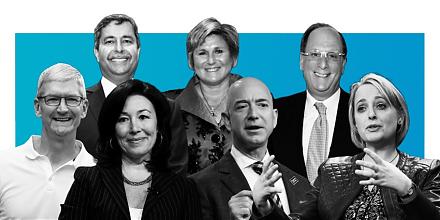

2018-07-13 09:41:00 Fri ET
technology antitrust competition bilateral trade free trade fair trade trade agreement trade surplus trade deficit multilateralism neoliberalism world trade organization regulation public utility current account compliance
Yale economist Stephen Roach warns that America has much to lose from the current trade war with China for a few reasons. First, America is highly dependent on China as a key source of low-cost products and services. As America increases its trade bets and tariffs on $200 billion imports from China, most U.S. households and firms would face higher costs due to inflationary concerns.
Second, the Chinese government holds huge dollar amounts of U.S. Treasury bills and notes. These investments help finance the perennial U.S. budget deficit. Third, erecting tariffs, quotas, and even embargoes may isolate America from the OECD free trade bloc. In turn, U.S. economic output expansion and employment growth may slow down as a result. For these reasons, America has much to lose from its current trade conflict with China.
In contrast, Mohamed El-Erian, chief economic advisor of Allianz, suggests that America is in a much stronger position to win the trade war against China. Further, it is crucial for America to protect its IT-driven intellectual property rights with better patent, trademark, and copyright enforcement. Chinese regulatory agencies have been notorious in requiring U.S. corporations to set up data centers and IT science parks in some major cities in China. In effect, this regulation transfers many patents and IT solutions from America to China.
The U.S. Trade Act Section 301 investigation hence concludes that it is opportune for the Trump administration to impose punitive tariffs on Chinese imports. Global stock market investors may suffer some short-term losses due to this relentless Sino-American trade conflict.
If any of our AYA Analytica financial health memos (FHM), blog posts, ebooks, newsletters, and notifications etc, or any other form of online content curation, involves potential copyright concerns, please feel free to contact us at service@ayafintech.network so that we can remove relevant content in response to any such request within a reasonable time frame.
2018-11-21 11:36:00 Wednesday ET

Apple upstream suppliers from Foxconn and Pegatron to Radiance and Lumentum experience sharp share price declines during the Christmas 2017 holiday quarter.
2018-03-23 08:26:00 Friday ET

Personal finance and investment author Thomas Corley studies and shares the rich habits of self-made millionaires. Corley has spent 5 years studying the dai
2019-02-15 11:33:00 Friday ET

President Trump is open to extending the March 2019 deadline for raising tariffs on Chinese imports if both sides are close to mutual agreement. These bilat
2022-11-05 11:32:00 Saturday ET

CEO overconfidence and corporate performance Malmendier and Tate (JFE 2008, JF 2005) argue that overconfident CEOs are more likely to initiate mergers an
2020-09-11 10:22:00 Friday ET

AYA fintech network platform provides proprietary alpha stock signals and personal finance tools. In recent times, we have completed our fresh website up
2019-03-31 11:40:00 Sunday ET

AYA Analytica free finbuzz podcast channel on YouTube March 2019 In this podcast, we discuss several topical issues as of March 2019: (1) Sargent-Wallac